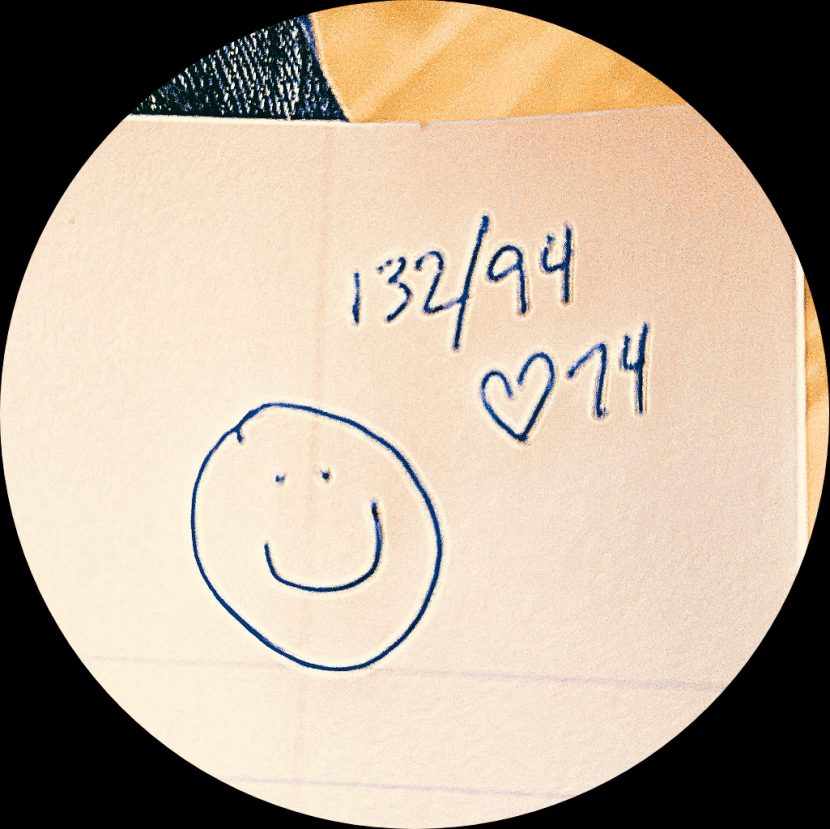A study of one allows you to see whether a given change improves health or life.
A lot of things can be studied by you studying one individual, you. Two good areas are a change in diet or effects relating to a new exercise program.
Studying yourself or doing a study of one is different than studying a topic as an individual. In the study of one you’re looking to understand the effects of an action on yourself. A study with one subject isn’t necessarily scientifically valid, but it’s still useful because the individual can see if the action has the intended effect.
What can you study on yourself as an individual?
Walking is widely known to be good for your health. It helps you lose weight, boosts heart health, and cuts your risk for cancer.
It even improves your neighborhood, helps you sleep at night, and makes you happier all the way around, so they say.
Should you walk? Is walking the right exercise for you?
Maybe. Maybe not.
Why not investigate?
Even if a large study suggests you should do something, it still all comes down to you. How does the activity or medication make you feel? Do the benefits outweigh the costs for you?
Prove it to yourself. Get to the truth of the matter. Be as confident as you can be about the right thing to do.
That’s why you should do a study of one.
It’s especially valuable when you’re serving as your own coach.
How to study yourself
First, collect data to mark a starting point. After an appropriate time, collect additional data to compare to that. The changes can give you answers. Is it healthier? Less healthy? Or is it basically the same as the previous state?
This is objective data. It’s to be distinguished from subjective data.
Subjective vs. Objective Data
Subjective data can also play a role in your study. Both subjective and objective data are used in research.
It helps to know the difference.
The pain scale is a good example of subjective data. The pain scale is the one where a nurse or doctor asks you, “How bad is your pain on a scale of one to ten?”
Another bit of subjective data would be a judgment about how something makes you look. Another would be asking yourself, “How does this make me feel?”
The woman evaluating whether to take a walk after dinner daily can decide for herself. Do I feel refreshed? She might decide she feels annoyed, like she wasted half an hour of her day.
If she feels annoyed every day after she takes a walk, she should find another activity. She might do better with an exercise bike where she can catch up on her favorite TV show. She might like being outside but want to do something more strenuous, like wind sprints. It all depends on what she thinks lies at the root of her annoyance.
When doing a study, one less common but no less important duty is to collect objective data. Does regular walking help my blood pressure? How does it affect my heart rate? Does it help my problem with constipation? Does it affect my weight? How about my waist size?
Objective data is often some measurement. They’re quantifiable.
When you’re doing a study of one, take the measurements you need to take and record for later reference.
Your dream journal is a handy place to make these notations.
Study yourself like a professional
Research and development cost money. While it’s not necessarily the most expensive thing business and academia does, it isn’t free. Researchers have to be paid. Study participants have to be compensated.
Drug companies do lots of studies. They’re hoping to recoup the money made from selling the drug. They have to be able to show that the drug helps to treat the condition it’s going to be prescribed for. The studies help to convince the doctors who are going to do the prescribing.
Walking is free. Shoe companies make money from it but there are lots of different shoes you can wear. Some no-name brand of shoes is as good as a name-brand shoe. None of them can claim a monopoly on walking. If nobody can make money directly from the action, then it’s less likely to have been studied.
It’s not that way with a medical device or drug.
Willpower is a finite resource, studies show. When your resolve to do something good is under attack, if you’ve studied the effects on yourself, you’re more likely to do the right thing. That’s a big reason to do your own study of one.
Recruit a friend. Make it a study of two.
The will to do something can be strengthened if you work in a group. Recruit a friend if they’re interested.
The idea of a study of one can be applied to all areas of health.
Does keeping a dream journal help you with your career?
Does it help you with stress in your life?
The answer for me is yes. The answer for you might be something different. Conduct a study of one. It won’t be published in a science journal. The sample size, one, is too small. That doesn’t matter. It’s all about you.
Further reading:
30-day sleep hygiene improvement plan
James Cobb RN, MSN is an emergency nurse and the founder of the Dream Recovery System. The DRS is an online resource for coordinating the physical and unseen innate abilities associated with the human mind.
The DRS contains some affiliate links. What this means is that if you click a link and make a purchase, we may receive a commission from the sale.
